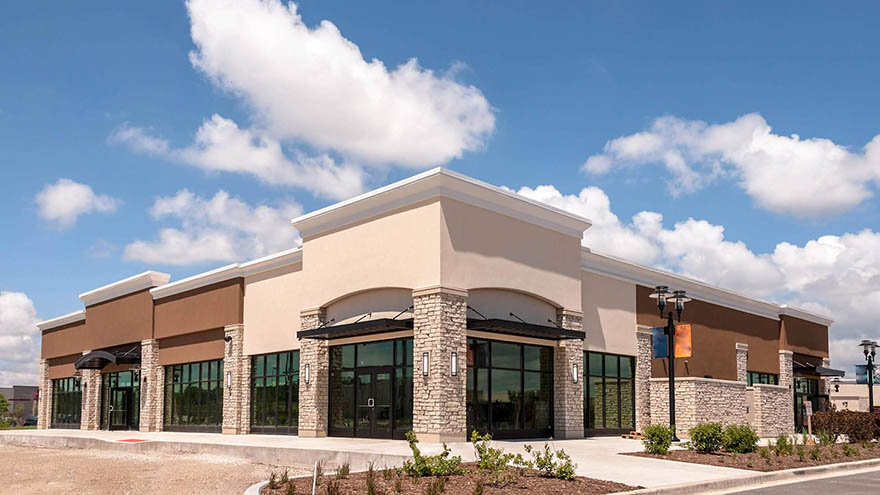We have written before about the new California 1031 exchange reporting requirement effective January 1st, 2014. California now requires that if you exchange a property located in California for a property located outside of California and choose to defer your capital gains taxes under IRC section 1031, you must file an annual report with the CA Franchise Tax Board (FTB). This report documents the California-sourced capital gains so that the FTB can ensure that you pay taxes on them as soon as they are realized in a taxable sale at some point after the exchange.
What we didn’t mention previously is that while this reporting requirement is new, the requirement to pay capital gains taxes in California for gains sourced there is not new. This is typically called the “California Clawback Provision” and reflects the taxation philosophy of the FTB: If you achieved any capital gains in California, you owe taxes on those gains. Deferring those taxes utilizing a 1031 exchange does not eliminate your burden; it merely defers it. Therefore, the FTB will collect the taxes incurred by those capital gains whenever and wherever they are realized.
While the California Clawback Provision is not new, it is unique. Let’s say that you exchange a property located in Washington for a property located in Oregon, defer your capital gains under IRC section 1031, and then sell your Oregon property. Washington would not attempt to tax the Washington-sourced gains. Rather, Oregon would tax you on all of the capital gains realized upon the sale of your Oregon property—including the Washington-sourced gains that had been deferred.
In fact, even California operates this way when it comes to the reverse situation; California levies capital gains taxes against non-California-sourced capital gains realized in California. If you were to exchange a Washington property for a California property utilizing a 1031 exchange and then subsequently sell your California property, you would owe capital gains taxes in California against your original tax basis, not just the gains achieved on the California property.
The result is that owners of California properties who perform 1031 exchanges into non-California properties and subsequently realize their capital gains in a taxable sale may end up paying capital gains taxes twice on the California-sourced gains. Such owners pay taxes on those gains once to California and then may pay again to the state in which the gains are realized. Investors in this position should consult their tax professionals regarding possible tax credits that may be available for taxes paid in other states. Paying capital gains taxes twice on California-sourced gains could significantly impact the net proceeds from the taxable sale of an investment property. Alternatively, investors may continue to defer these taxes utilizing the 1031 exchange.
If you have deferred any California-sourced capital gains taxes, the Clawback Provision is something to consider when deliberating about whether to sell or exchange your current investment property.

